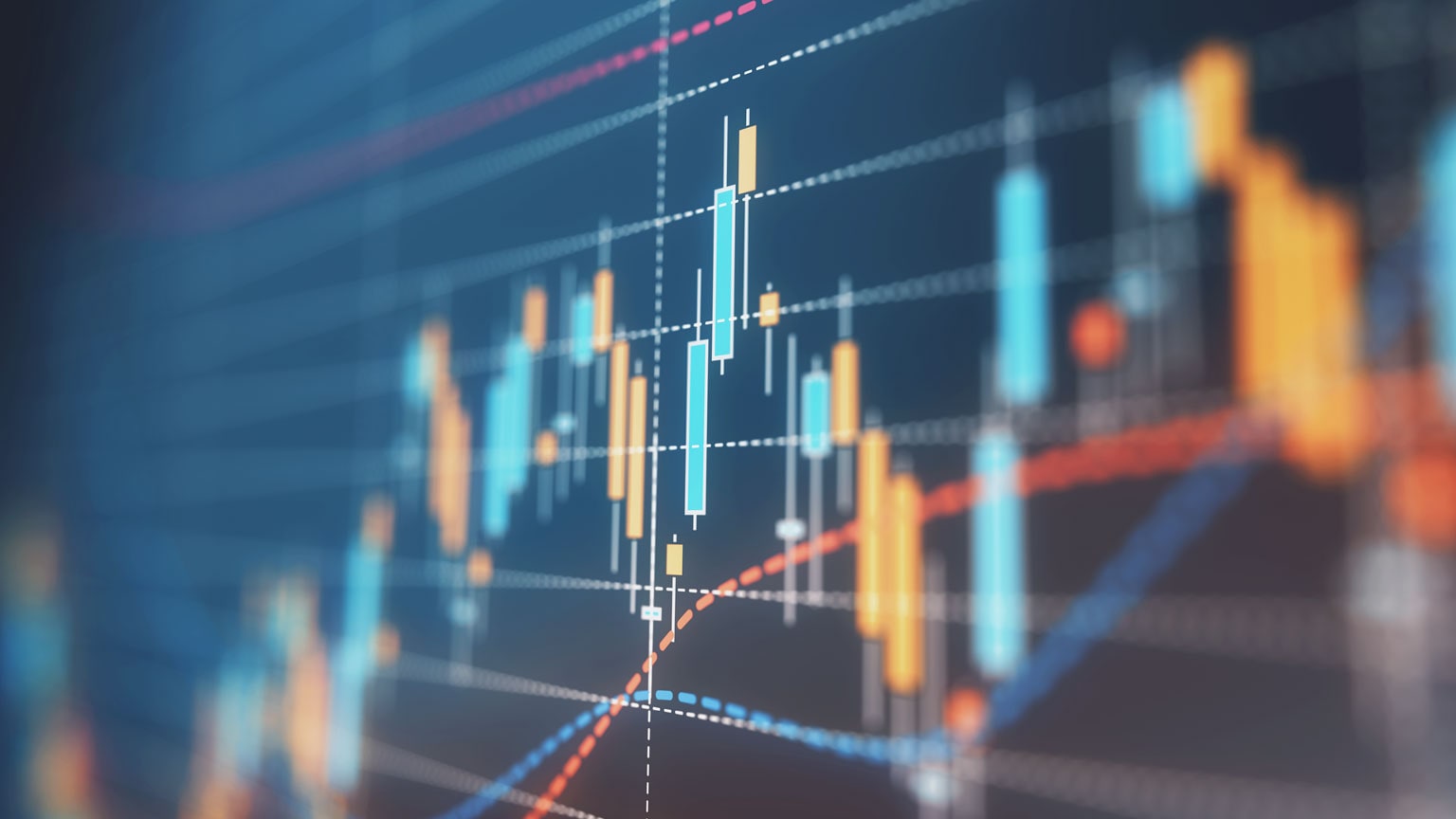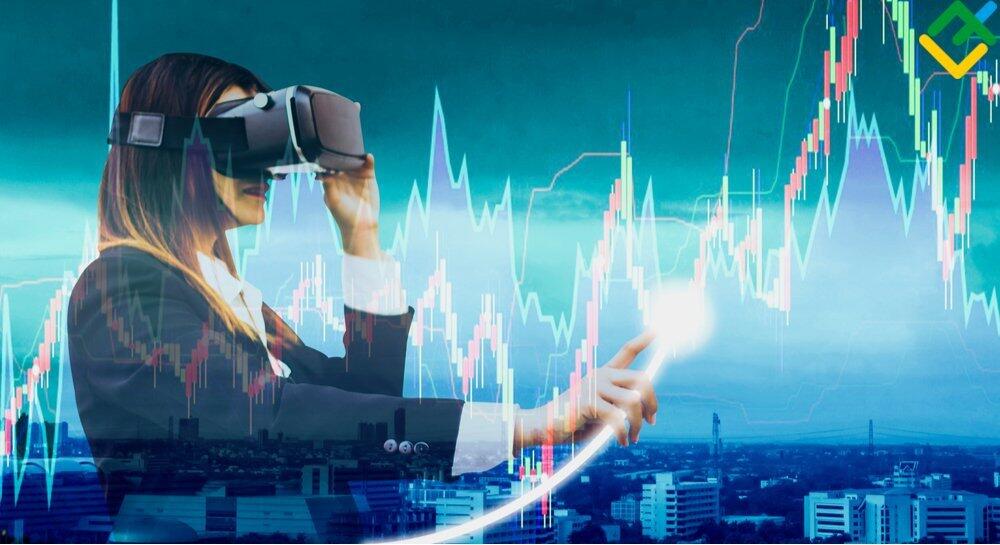In the high-stakes world of trading, where split-second decisions can lead to monumental gains or devastating losses, mastering one’s emotions is as crucial as mastering the market itself. Before venturing into the chaotic realm of live trading, aspiring traders often grapple with anxieties and uncertainties that can cloud judgment and impede performance.
Enter simulated trading—a powerful tool that offers a unique blend of practice and psychological conditioning. By immersing oneself in a risk-free environment, traders can confront their fears, refine their strategies, and develop the emotional resilience needed for the actual trading battlefield.
From wrestling with the euphoria of winning trades to navigating the pangs of disappointment from losses, simulated trading serves as a crucible, forging emotional strength and clarity. As we delve deeper into this topic, we’ll explore how this practice not only sharpens technical skills but also nurtures a trader’s mental fortitude, paving the way for successful live trading experiences.
Understanding the Emotional Challenges in Trading

Navigating the emotional landscape of trading is akin to walking a tightrope; one moment, exhilaration surges through your veins after a successful trade, and in the next, dread and self-doubt can threaten to unravel your confidence. The volatility of the market can mirror our inner turmoil, causing stress levels to spike as trades oscillate between profit and loss.
Fear of missing out can drive impulsive decisions, while the sting of a bad trade might lead to a paralyzing reluctance to act. Each tick of the price chart can evoke a spectrum of feelings, from greed to anxiety, making it vital for traders to develop emotional resilience.
In this unpredictable arena, simulated trading tools like bar replay free offer a sanctuary—an opportunity to experience the highs and lows without the existential weight of real financial stakes. Here, traders can engage with their emotions in a controlled setting, honing their skills and building the emotional fortitude needed for the real-world challenges ahead.
The Benefits of Simulated Trading for Emotional Regulation

Simulated trading offers a unique platform for traders to confront their emotions in a controlled environment, allowing them to experience the highs of victories and the lows of failures without the financial stakes. This practice not only demystifies the trading process but also serves as a potent training ground for emotional resilience; for instance, a trader can face swings in the market and feel the adrenaline rush that comes with high-stakes decisions, all while knowing that the consequences are hypothetical. Through repeated exposure to various market scenarios, traders can refine their ability to remain calm under pressure, make rational decisions, and cultivate a disciplined mindset.
Over time, they learn to recognize emotional triggers, develop coping strategies, and build the confidence necessary to transition smoothly into live trading. In essence, simulated trading transforms the often tumultuous emotional landscape of trading into a manageable and educational experience.
Building Confidence Through Practice
Building confidence through practice is a vital step in the journey of any trader, particularly before stepping into the unpredictable waters of live trading. Imagine a pianist rehearsing tirelessly, striking each key until the notes flow effortlessly; similarly, simulated trading allows you to fine-tune your skills without the stakes that accompany real monetary investment.
As you engage in this safe environment, your reactions to market fluctuations become more instinctive—decisions start to feel less daunting and more like second nature. Each simulated trade, whether a victory or a setback, builds that elusive confidence, enabling you to tackle real-life challenges with greater poise.
The more you immerse yourself in these realistic scenarios, the more you confront and manage the emotions that can cloud judgment in a live setting. Ultimately, it’s this blend of practice and experience that transforms uncertainty into assurance, preparing you for the high-octane world of actual trading.
Conclusion

In conclusion, simulated trading serves as an invaluable tool for aspiring traders seeking to master their emotional responses before venturing into live trading environments. By engaging in practice scenarios, traders can develop strategies to manage the psychological challenges that often accompany real-time market fluctuations.
The use of bar replay, which allows traders to go back and analyze past market behaviors in a risk-free setting, further enhances this learning experience. Ultimately, by refining their skills and gaining confidence through simulation, traders can approach live trading with a more disciplined mindset, significantly improving their chances of success in the unpredictable world of financial markets.


